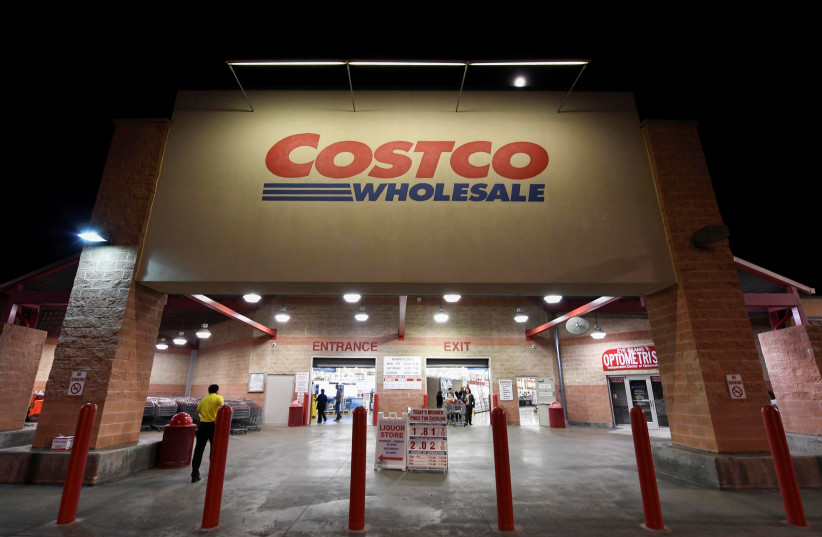Finance Minister Bezalel Smotrich is attempting to bring Costco to Israel, as revealed by a letter sent Thursday from the minister to the CEO of Costco, Walter Jelinek, and Costco board chairman Hamilton James.
By bringing the popular US retail chain to Israel, Smotrich said he hopes to increase market competition as part of an ongoing crusade against the cost of living that was passed along to him by the former government.
"The government of Israel has set for itself several objectives, one of which is to reduce the cost of living and increase competition in the Israeli retail food market."
Bezalel Smotrich
“The government of Israel has set for itself several objectives, one of which is to reduce the cost of living and increase competition in the Israeli retail food market,” Smotrich wrote. “We believe that a significant way to accomplish this is by inviting leading, large global players with an international presence similar to your company to enter our consumer market.
“Given your scale, leadership and global activity in the field of food retail, we would like to interest you to enter the Israeli market. We view that as a mutually beneficial opportunity for both your company, which will gain a presence in a new attractive market, and for the people of Israel, who will enjoy a reduction in the cost of living through increased competition.”
He continued, noting that he would be “more than happy to discuss this further” during his next visit to the US.

Will Costco enter the Israeli retail market?
If Costco were to join the Israeli retail market, it would be the latest in a series of international chains to do so, alongside 7-Eleven, Netherlands-based retail chain SPAR and French supermarket Carrefour.
Another critical step toward market competition is Israel’s recently implemented suite of import reforms, which have altered hundreds of import standards, enabling and enticing foreign manufacturers to bring their products to the country.
The new import standards will impact food, produce, cosmetics and appliances, and are expected to bring increased variety to stores as manufacturers begin to enter the market.
“Products that comply with the regulations in major advanced countries should be good for Israel as well,” said Inon Elroy, director and head of the Industrial Cooperation Authority, during a panel at a Diplomatic Forum on Import Reform last month. “The main rationale behind this reform has been to increase post-market surveillance and to shift the responsibility for the safety of products onto importers and retailers.”
